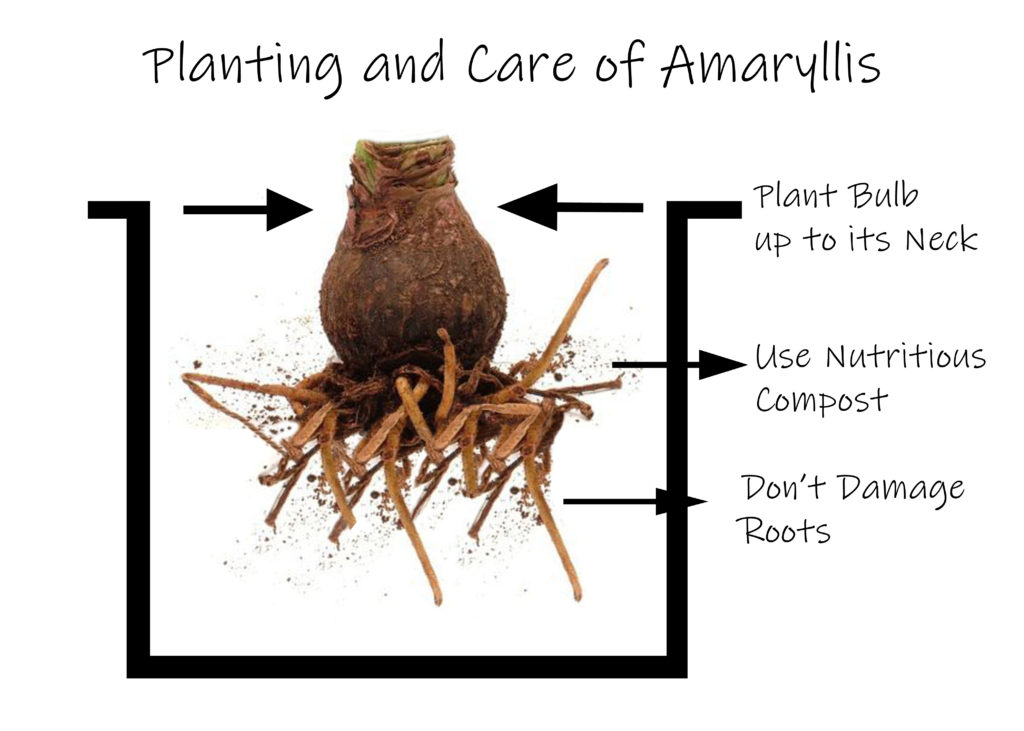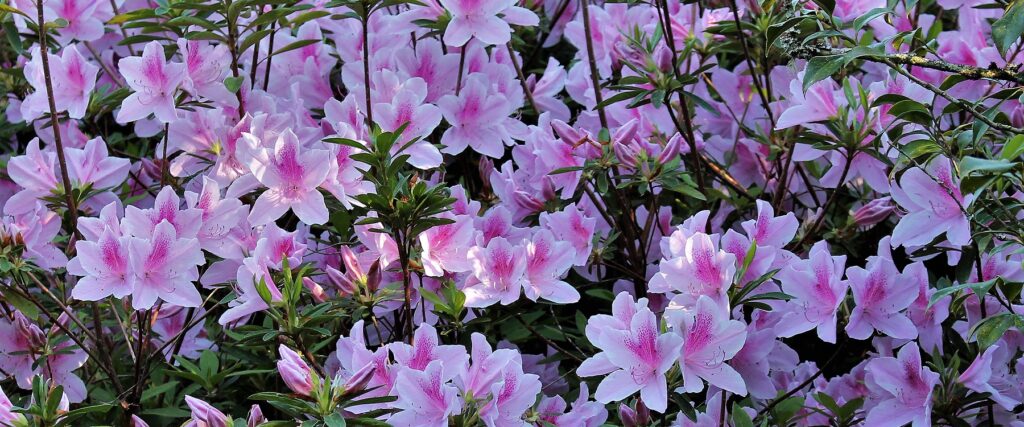The ancient art of Bonsai began over a thousand years ago in China and was actually known then as Pun-Sai. Later, Japan adopted many cultural trademarks of the Chinese with this art form being one of them. The name then became bonsai meaning, “tray planting.” As time progressed, the ideals of bonsai changed and for the Japanese, bonsai became a representation of the combination between their ancient beliefs and the Eastern way of thinking – the harmony found between man, the soul and nature. In today’s world, bonsai is a great symbol of Japanese culture that can be experienced all over the world.
Caring for a bonsai is not very difficult. Be sure to keep the bonsai evenly moist at all times and when watering, water thoroughly when the surface soil becomes dry to the touch. Let the bonsai dry out before you water it and use a gentle spray for watering through the foliage to keep it clean. When the temperatures are high and humidity is low, bonsai should be watered once a day.
If you have a needled evergreen, keep it outside in part to full sun. Maples, elms, and other deciduous trees should be in filtered sun along with subtropical bonsais. Be sure to let you bonsai be outside every so often to keep it healthy.
When fertilizing, use a fish emulsion fertilizer diluted to 1/3 of the manufacturer’s directions. Liquid fertilizer should be applied every two weeks from spring to mid-summer. Use this diluted fertilizer as though you were watering your bonsai, but DO NOT spray the fertilizer directly on the foliage, spray into the soil only!
If you are looking for a bonsai, check out the nice selection at Hyams in the Greenhouse!

